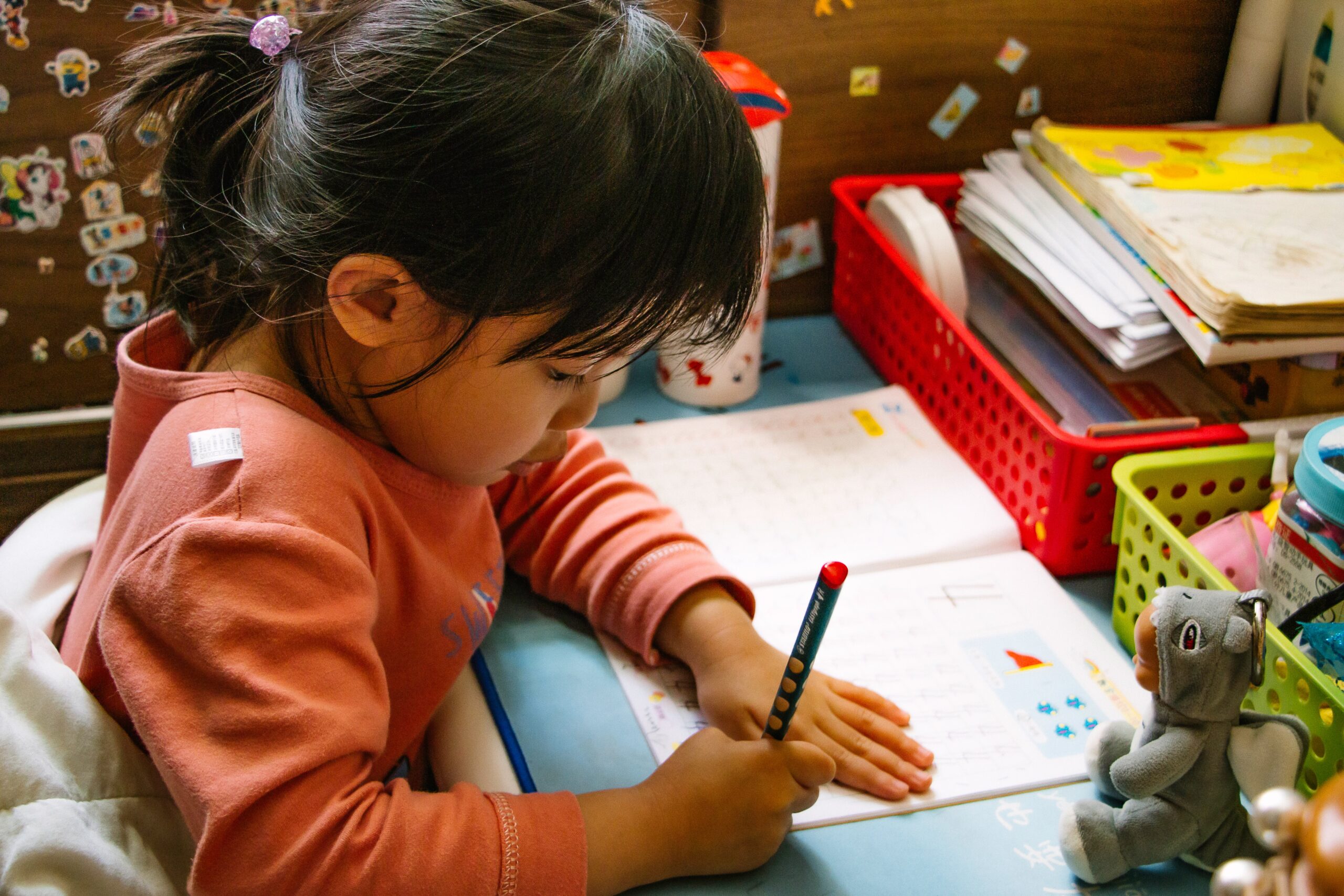

We hope your summer vacation has been restful and full of sunshine and warm weather. While we are still enjoying summer vacation it is a good time to begin thinking about going back to school. Transitioning from the relaxed summer schedule to a more structured school schedule can be particularly difficult. Here are BCI’s recommendations for a successful transition back to school.
Meet the Teacher and Visit the Class Before the First Day
If this is your child’s first year in school an actual visit to the school can be very beneficial to help them prepare for starting school. Your BCI clinician can develop programming to target teaching your child his/her teacher’s name, identifying different parts of the school, and help build motivation to attend school. When planning your trip to the classroom ask your child’s teacher if they mind you taking photos of them and the environment. We can use these photos in our sessions to learn names and talk about what we do in these different locations. If you’d like we can plan for your RBT to join the school visit so they can meet the teacher and help your child and them build rapport.
If your child has already started school and is familiar with the process, meeting the teacher beforehand can be helpful in establishing rapport and ensuring everyone starts off on the right foot.
Get into the School Routine and Schedule
1-2 weeks prior to starting back to school begin practicing the routine and schedule you will follow once school resumes. Following the bedtime schedule you will have once school starts and waking up at the time needed to make the bus or bell schedule, will be helpful in making the transition back less abrupt. Your BCI clinician can help you develop a plan to fade in a new bed time and can help establish a clear morning routine. In sessions, we can practice daily living skills that will help build independence in the morning and evening. Complex skills like dressing and brushing teeth can be targeted all summer long and less complex skills like putting a lunchbox or homework folders in a backpack can be started closer to the start of school.
It may also be helpful to begin planning meals and snacks around the same times your child will be eating at school. Avoiding hungry bellies during instructional time can decrease the likelihood of challenging behavior or inattentiveness. Your RBT and BCI clinician can adjust their session schedule to match snack and lunch times to help your child’s body adjust. When deciding on which new skills may be needed be sure to consult your BCI clinician on developing programming to help your child pack a school lunch, open or access their packed lunch, engage in appropriate cafeteria behaviors (e.g., carrying a tray, clearing a tray, etc.), or how to ask for help.
There may be other skills that your child may benefit from practicing before the school year starts. You may consult with your BCI clinician to develop the best plan for your child.
We look forward to supporting you throughout back to school!

Tips for Older Students
- Pack your backpack before the first day of school
- Use a Checklist for needed supplies (ask your clinician for ideas)
- Review your class schedule and map out the path to take to each class
- Review your lunch schedule and pack a snack and drink if needed
- Call/Text a friend to meet up before school starts

Things to Remember for Fall Schedule Changes
- If your summer schedule is different from your fall schedule, remember to plan coordinating schedule changes at least 1-month in advance
- RBT’s sometimes work with multiple families and may be unable to change their schedule to accommodate your new schedule
- A reduction in hours may mean a reduction in treatment goals targeted, BCI is flexible with session days and times. Don’t forget a Saturday session is a great way to increase hours.


